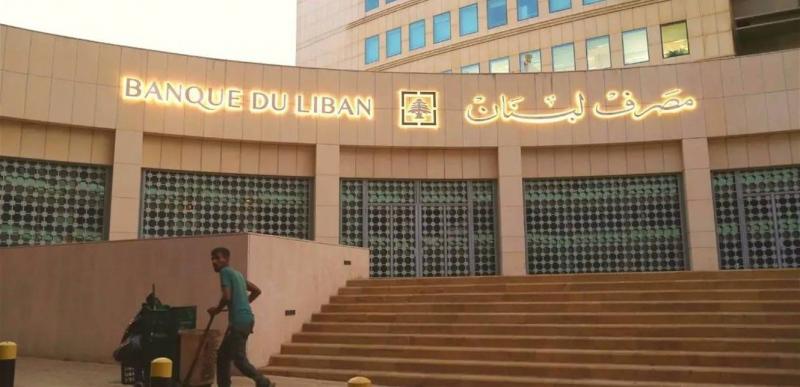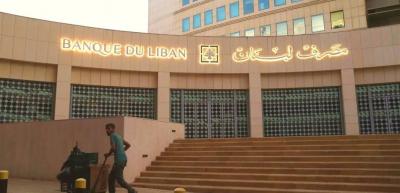Lebanon’s Central Bank is facing uncertainty regarding its leadership starting Monday, when Governor Riad Salameh will step down without a successor appointed, signaling a new operational dysfunction in a state already suffering from political paralysis and financial collapse for years. Salameh is leaving his position after 30 years, a tenure marred by the catastrophic financial collapse that began in 2019 and accusations of corruption in France, Germany, and Lebanon, despite his denial of any wrongdoing.
The leadership crisis reflects divisions among the ruling elite, which has failed to agree on a president or a fully empowered government for over a year, exacerbating the financial crisis with barely any efforts to address it since 2019.
### Succession to Salameh
A Cabinet meeting was scheduled for yesterday, Thursday, to select Salameh's successor, but it was canceled due to political disagreements, with no long-term solution in sight. According to Lebanese law, Salameh's senior deputies are expected to take over, one of whom is Wassim Mansouri. He announced in a statement: "The first deputy governor of the Central Bank, Dr. Wassim Mansouri, will hold a press conference on the seventh floor of the Central Bank building at 11 AM on Monday, July 31, 2021."
Meanwhile, media reports indicated that Mansouri will announce his resignation, but he will be asked to manage ongoing affairs, meaning the resignation will be formal and not affect his duties. He will continue overseeing the "Sayrafa" platform for at least three months.
In turn, the second deputy governor of the Central Bank, Bashir Yaqzan, confirmed that he would not resign, stating: "The focus now is on managing the upcoming phase." The new leaders of Lebanon's Central Bank will need to deal with a gap in the financial system exceeding $70 billion, uncertain political support in a highly divided state, and widespread public anger over the depletion of national and private wealth.
For Lebanon, this means another key position will remain officially vacant, held hostage by the collapse of a political system based on power-sharing between sects, which has already led to chaos in most state functions.
### Political Pressure
Caretaker Prime Minister Najib Mikati and Speaker of the Parliament Nabih Berri attempted to reach an agreement this week after months of no progress in finding a successor for Salameh. However, both Hizbollah and the Free Patriotic Movement, part of the ruling coalition government, oppose these moves, stating that the caretaker government lacks the authority to make such appointments. The Cabinet meeting was unexpectedly canceled yesterday due to the absence of ministers affiliated with these two parties.
The position of Central Bank Governor, like the vacant presidential position, is held by a Christian from the Maronite sect, and the Free Patriotic Movement has accused Mikati of attempting to usurp presidential powers by seeking to appoint a central bank governor through the Cabinet, a power that legally belongs to the President of the Republic. Last month, Mansouri and the other three deputy governors threatened to resign if forced to take on the role. They want authority to lend more money to the government if necessary and to gradually phase out a complex exchange platform for the severely weakened lira.
Mikati met with the deputy governors yesterday and his office stated that he considers their demands legitimate and that their proposals are in line with the government's plan, seemingly an effort to maintain their support. However, it remains unclear whether Mikati can enact these changes amid Lebanon's political impasse. Mansouri refrained from commenting, but another deputy governor, Salim Shaheen, indicated that he expects Mansouri to take over the management of the central bank starting next week. He told Reuters that the deputy governors are giving the political elite six months to implement constructive reforms, though he did not reveal whether they would threaten to resign again if changes are not made.
He added, "Our condition is that you complete the required reforms, starting with the capital control law." Mike Azar, a financial expert in Lebanon, stated that the deputy governors are in a dilemma. He added, "The question is whether they will do the right thing and act independently as the law allows them, even in the face of what will certainly be intense political pressure."




